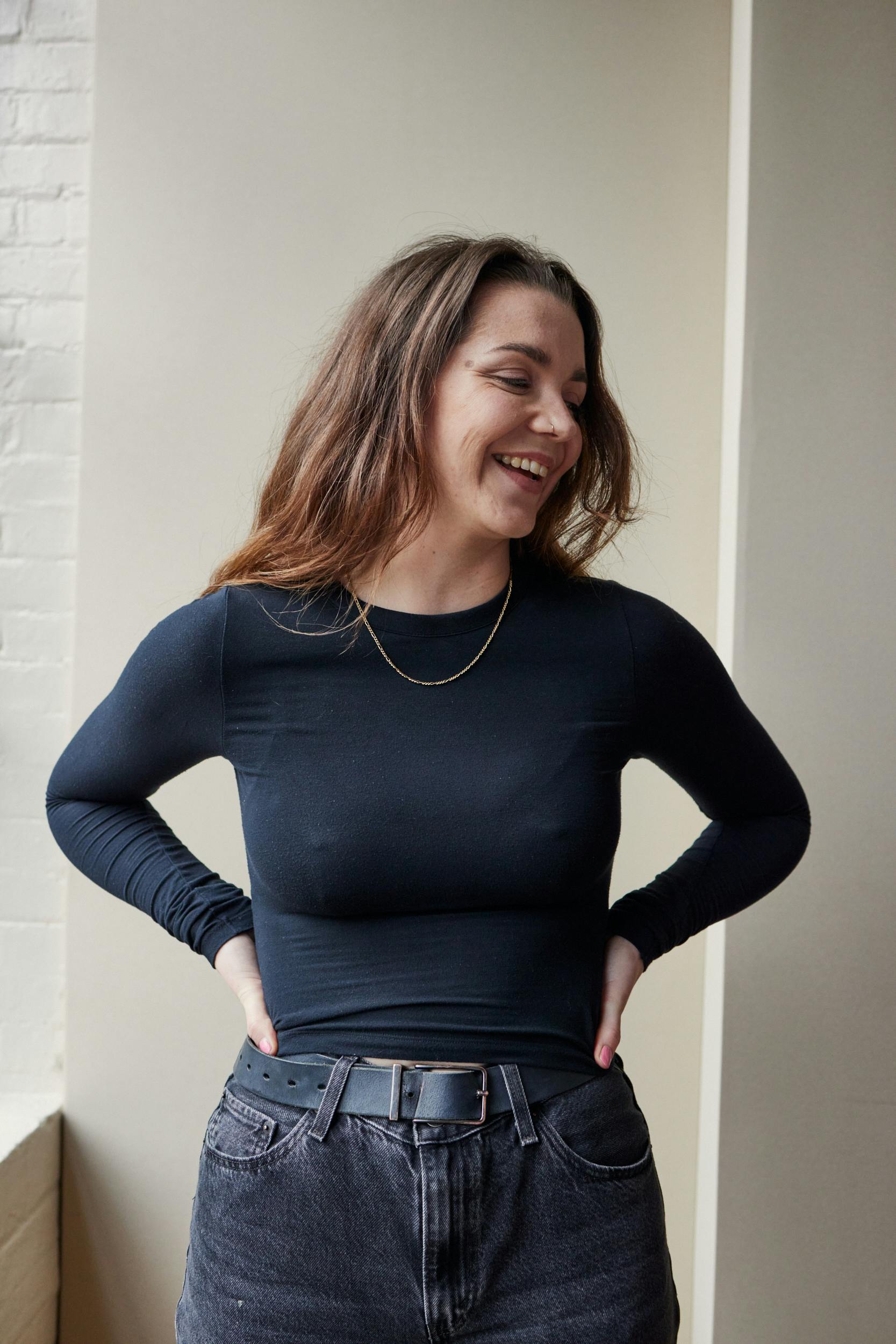Celia Delaney isn’t used to being interviewed – she’s usually the one asking the questions. In her role as User Researcher on DICE’s Fan Experience team, she spends her days interviewing fans to find out what they think about our product – what things we’re getting right or what we need to improve – and about the experience of going out more generally.
Celia understands what makes a good interviewer: the ability to listen, to make people feel at ease, and to tease out the interesting bits of the conversation. Below, we turn the tables and find out about her childhood spent helping her dad in the ticketing business, pushing for accessibility both at work and in her free time, and how her job has made her less afraid of trying something new.
